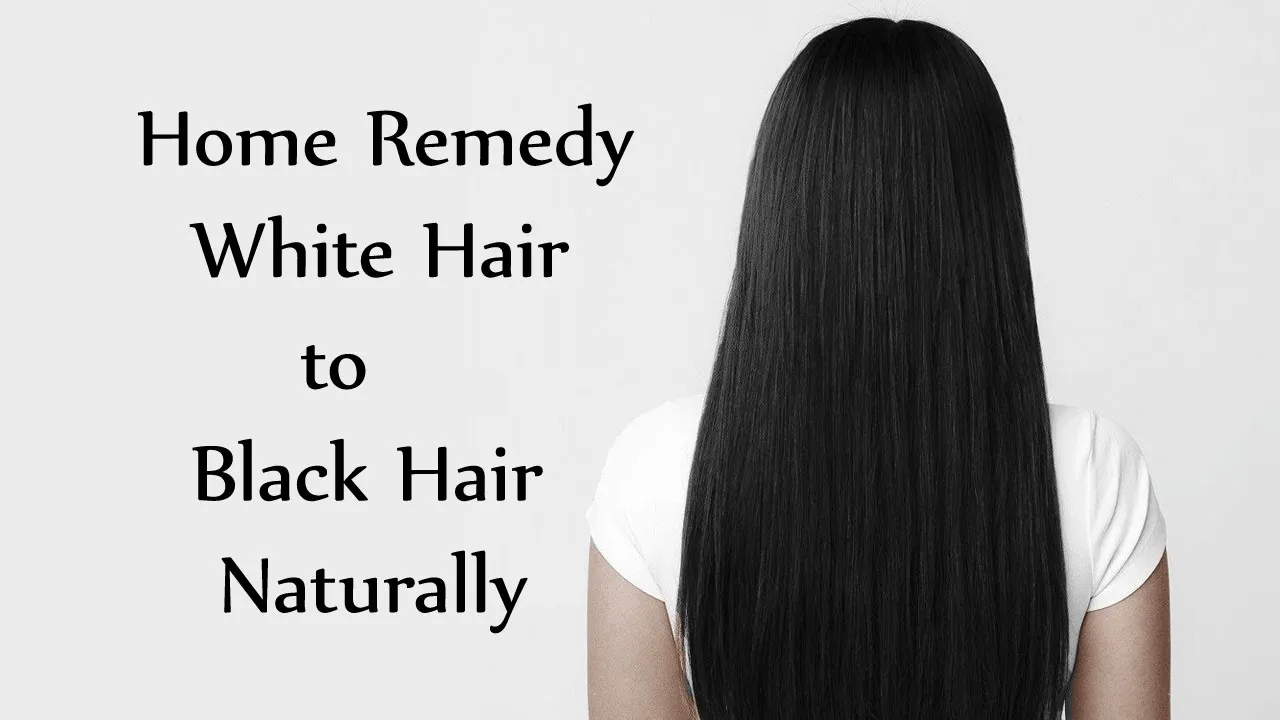Understanding Hair Whitening
Hair whitening, often referred to as graying, is a natural process that occurs as we age. This phenomenon is a result of the gradual loss of melanin, the pigment responsible for giving hair its color. While it’s a common sign of aging, the rate at which hair whitens varies greatly from person to person. Understanding the underlying mechanisms is key to addressing and potentially slowing down the process. This guide delves into the various factors contributing to hair whitening, providing insights into its causes, and offering practical tips to help you manage and possibly reverse the process. The goal is to equip you with the knowledge and tools to take proactive steps towards maintaining your natural hair color for longer.
What Causes Hair Whitening
Several factors contribute to hair whitening. The primary cause is the decline in melanin production by melanocytes, specialized cells located in the hair follicles. As we age, these melanocytes become less efficient, leading to reduced melanin synthesis. This decline is influenced by a combination of genetic predispositions, oxidative stress, and lifestyle choices. Moreover, certain medical conditions and deficiencies can accelerate the process. The interplay of these factors determines when and how rapidly hair whitens. Identifying these causes is the first step in developing strategies to address and potentially slow down the process. This understanding empowers individuals to make informed decisions about their hair health and adopt appropriate interventions.
The Role of Genetics
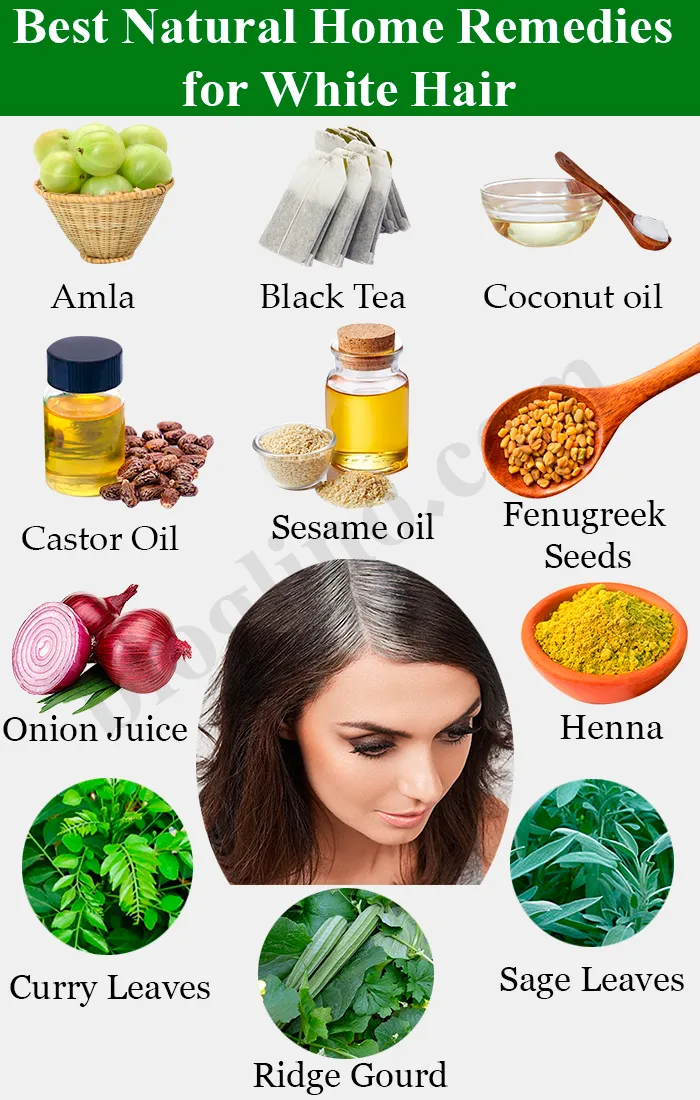
Genetics plays a significant role in determining when and how quickly your hair will whiten. If your parents or other close relatives experienced early graying, you are more likely to experience it as well. Specific genes are associated with melanin production and the overall health of melanocytes. These genetic factors influence the efficiency of melanin synthesis and the susceptibility of melanocytes to damage. Understanding your family history can provide insights into your predisposition to hair whitening. While you cannot change your genes, knowing your genetic risk can help you take proactive measures to mitigate its effects, such as adopting a healthy lifestyle and seeking professional advice if needed. Early awareness can empower you to make informed choices about your hair care and overall well-being.
Impact of Oxidative Stress
Oxidative stress, caused by an imbalance between free radicals and antioxidants in the body, significantly contributes to hair whitening. Free radicals are unstable molecules that can damage cells, including melanocytes. Antioxidants, on the other hand, neutralize these free radicals, protecting cells from damage. When there is an overabundance of free radicals, it can lead to damage of melanocytes, thus decreasing melanin production. Factors like pollution, poor diet, and stress can increase oxidative stress. Incorporating antioxidant-rich foods, managing stress, and avoiding harmful environmental exposures are crucial in combating oxidative stress. By reducing oxidative stress, you can potentially slow down the damage to melanocytes and preserve your natural hair color for longer.
Lifestyle Factors and Graying
Lifestyle choices have a considerable impact on the rate of hair whitening. Poor diet, excessive smoking, and chronic stress can accelerate the process. A diet lacking essential nutrients, such as vitamins and minerals, can impair melanocyte function. Smoking introduces harmful chemicals and increases oxidative stress, further damaging melanocytes. Chronic stress can disrupt the body’s natural processes, leading to premature graying. Adopting a healthy lifestyle, including a balanced diet, regular exercise, stress management techniques, and avoiding smoking, can positively influence hair health. By making conscious choices, you can mitigate the adverse effects of these factors and potentially slow down hair whitening.
Tip 1: Revamp Your Diet
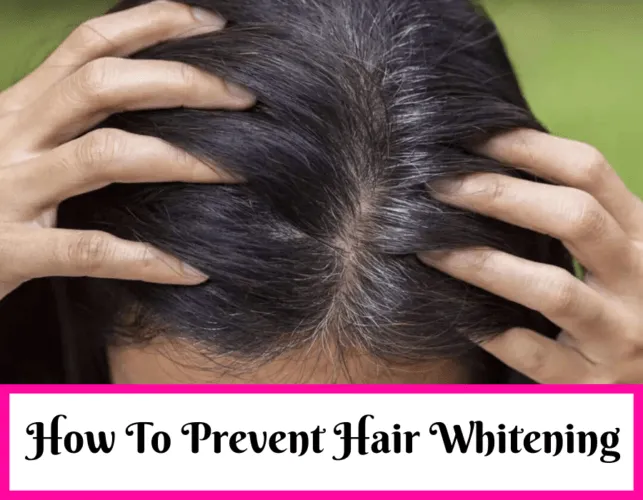
Your diet plays a crucial role in the health of your hair. A diet rich in vitamins, minerals, and antioxidants supports melanocyte function and protects against oxidative stress. Including a variety of colorful fruits and vegetables, lean proteins, and healthy fats can provide the essential nutrients needed for healthy hair. Proper nutrition ensures the body has the necessary building blocks to maintain melanin production. By focusing on a balanced diet, you can help nourish your hair from the inside out, potentially slowing down the graying process and promoting overall hair health. This dietary approach is a fundamental step in addressing hair whitening, complementing other strategies for optimal results.
Foods Rich in Antioxidants
Consuming antioxidant-rich foods is crucial for protecting melanocytes from damage caused by oxidative stress. Antioxidants neutralize free radicals, which can accelerate hair whitening. Foods like berries (blueberries, strawberries), leafy green vegetables (spinach, kale), nuts, and seeds are excellent sources of antioxidants. Including these foods in your daily diet can provide a shield against the damaging effects of free radicals, supporting the health of melanocytes. By incorporating a variety of antioxidant-rich foods, you can proactively protect your hair’s natural color and promote overall health.
Foods to Limit or Avoid
Certain foods can exacerbate oxidative stress and potentially accelerate hair whitening. Limiting or avoiding processed foods, sugary drinks, and excessive amounts of saturated and trans fats is advisable. These foods often lack essential nutrients and can contribute to inflammation and oxidative stress. Additionally, excessive alcohol consumption and smoking can have adverse effects on hair health. Focusing on a diet rich in whole, unprocessed foods and limiting these harmful substances can help support melanocyte health. Making these dietary adjustments is a proactive step in managing hair whitening and promoting overall well-being.
Tip 2: Manage Stress Levels
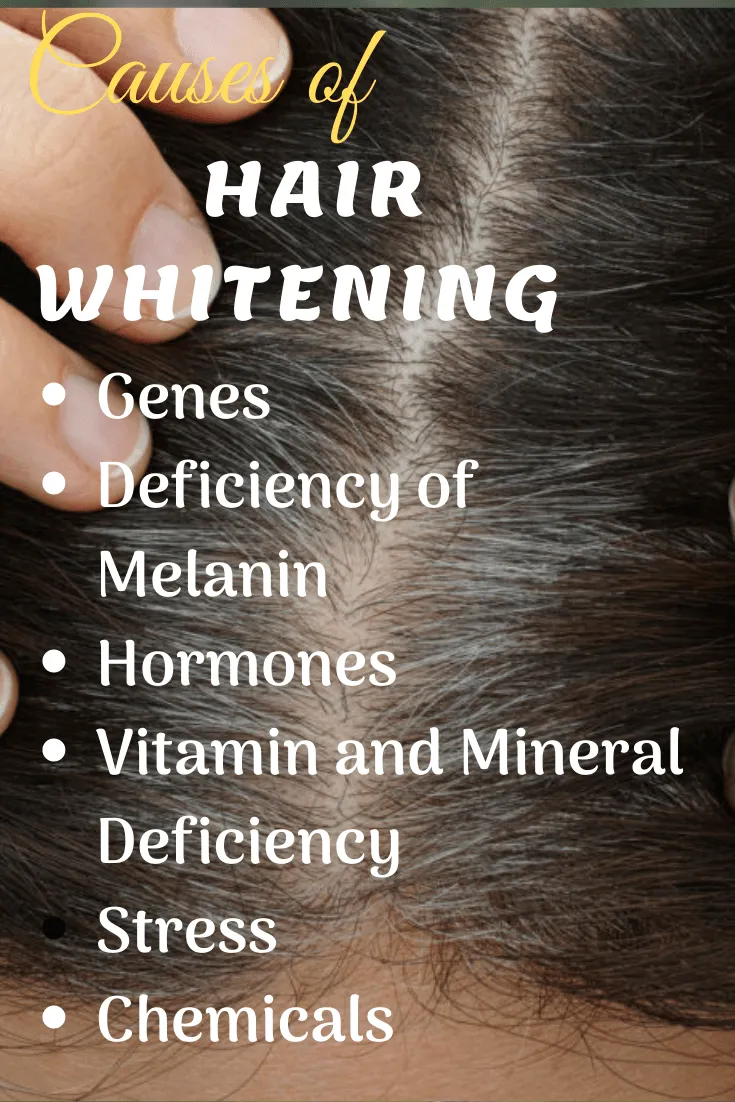
Chronic stress can significantly impact hair health, potentially accelerating hair whitening. When the body experiences stress, it releases hormones that can disrupt various bodily functions, including melanin production. Managing stress is crucial for overall well-being and maintaining your natural hair color. Implementing effective stress-reduction techniques can mitigate the negative effects of stress and support healthy hair growth. Techniques such as meditation, yoga, and regular exercise can significantly reduce stress levels and promote overall health, which is critical in the fight against premature graying. Prioritizing stress management is a proactive step in addressing hair whitening, complementing other lifestyle changes for optimal results.
Practicing Mindfulness and Meditation
Mindfulness and meditation are powerful tools for stress reduction. These practices involve focusing on the present moment, which helps calm the mind and reduce anxiety. Regular meditation can lower cortisol levels, the primary stress hormone, promoting relaxation and overall well-being. Incorporating mindfulness and meditation into your daily routine can help mitigate the negative effects of stress on hair health. Even a few minutes of mindful practice each day can make a significant difference. By practicing mindfulness and meditation, you are taking a proactive step towards reducing stress and supporting your hair’s natural color.
Engaging in Regular Physical Activity
Regular physical activity is another effective way to manage stress and promote overall health, including hair health. Exercise releases endorphins, which have mood-boosting effects and help reduce stress levels. Additionally, it improves blood circulation, delivering essential nutrients to the hair follicles. Engaging in activities like walking, running, swimming, or yoga can make a significant impact. Aim for at least 30 minutes of moderate-intensity exercise most days of the week. By incorporating regular physical activity into your routine, you can effectively reduce stress, improve overall health, and potentially slow down the hair whitening process.
Tip 3: Consider Supplements
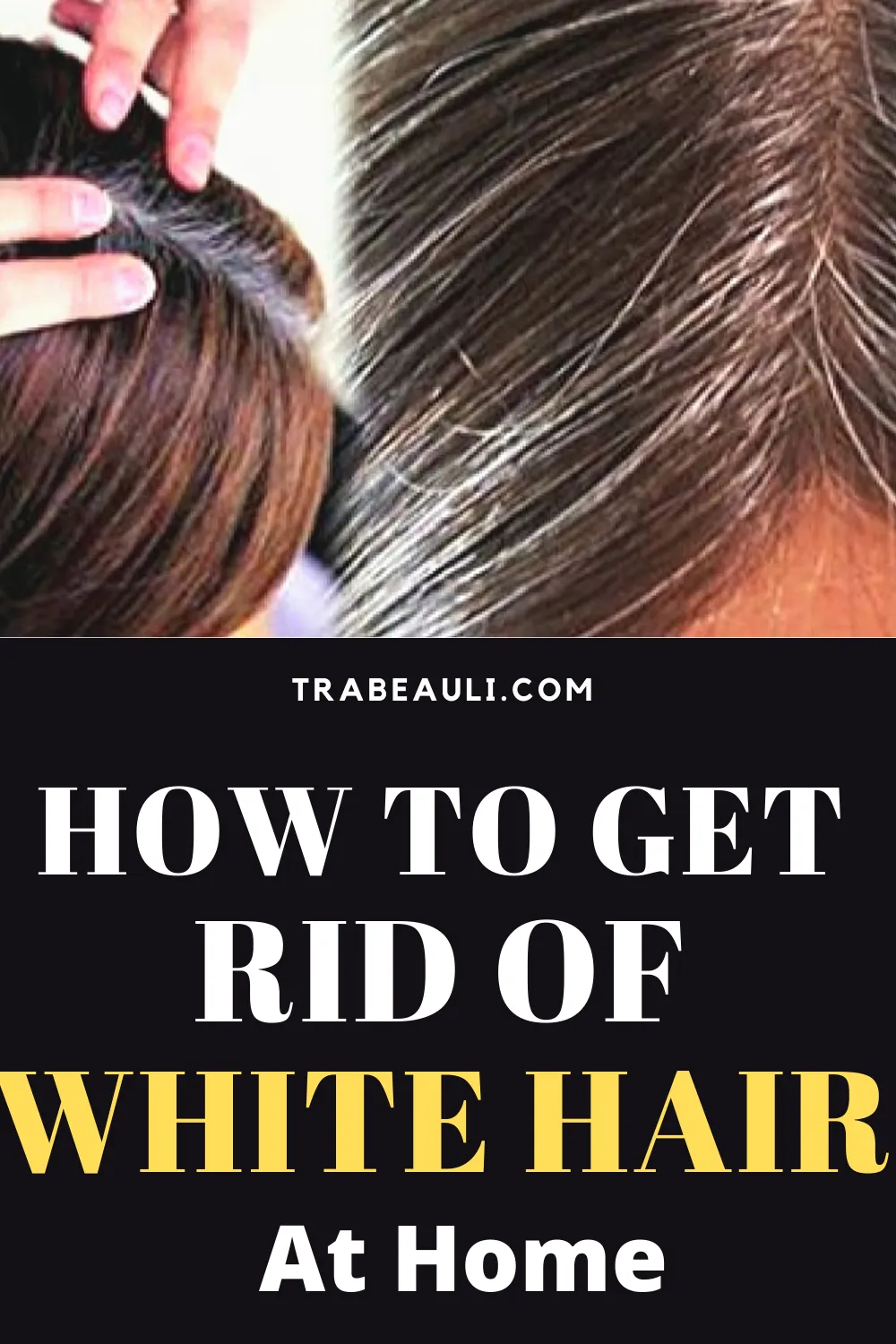
Certain supplements can support hair health and potentially help slow down hair whitening. While a balanced diet should be the primary source of nutrients, supplements can provide additional support, particularly if you have deficiencies. It’s essential to consult with a healthcare professional before starting any new supplement regimen. Supplements can play a beneficial role in promoting healthy hair, and should be chosen based on individual needs and under professional guidance to avoid any potential risks. With the right supplements, you can further support your efforts to address hair whitening and enhance your hair’s overall health.
The Benefits of Vitamins
Several vitamins play key roles in hair health. Biotin, also known as vitamin B7, supports hair growth and can improve hair strength. Vitamins B12 and D are also important for hair health, with deficiencies linked to hair loss and premature graying. Antioxidant vitamins, like vitamin E and vitamin C, can protect hair follicles from damage caused by oxidative stress. If you’re deficient in these vitamins, taking supplements can help improve your hair health and potentially slow down hair whitening. Remember to consult a healthcare professional to determine the right dosage and ensure that any supplements you take are appropriate for your individual needs.
The Role of Minerals
Minerals are also crucial for hair health. Iron deficiency can lead to hair loss, while copper and zinc play roles in melanin production and hair pigmentation. A deficiency in these minerals may contribute to premature graying. Taking a supplement, or ensuring adequate intake of minerals through diet can help maintain proper hair health. It is vital to ensure your diet is rich in these vital nutrients. If you suspect a mineral deficiency, it’s important to consult with a doctor to determine the best course of action and avoid potential health issues.
Tip 4: Proper Hair Care

Proper hair care is essential for maintaining healthy hair and potentially slowing down hair whitening. Harsh chemicals, excessive heat, and environmental factors can damage hair follicles and accelerate graying. Adopting gentle hair care practices helps protect your hair and support its natural color. By using the right products, protecting your hair from sun and heat, and avoiding harsh treatments, you can preserve your hair’s health and appearance. Proper hair care is an important part of a holistic approach to addressing hair whitening.
Gentle Cleansing and Conditioning
Using gentle shampoos and conditioners can help protect your hair. Avoid products with harsh sulfates, which can strip the hair of its natural oils, leading to dryness and damage. Opt for sulfate-free shampoos and hydrating conditioners to maintain hair moisture and health. Regular conditioning helps to nourish and protect hair, and support overall hair health. Choose products that are formulated for your hair type. Using gentle cleansing and conditioning practices supports the health of your hair, promoting its natural color and shine, and helping to slow down the graying process.
Protecting from Sun and Heat
Protecting your hair from sun exposure and heat styling is crucial. The sun’s UV rays can damage hair, causing it to become dry, brittle, and prone to graying. Heat styling tools, such as hair dryers, straighteners, and curling irons, can also damage hair and accelerate the graying process. Use a hat or UV protectant hair products when spending time outdoors. Limit the use of heat styling tools and always use a heat protectant spray. Protecting your hair from these environmental factors helps to maintain its health and natural color, contributing to a more youthful appearance. These precautions can help slow down the graying process and keep your hair looking its best.
Tip 5: Explore Professional Treatments
If you are concerned about hair whitening, consider exploring professional treatments. Consulting with a dermatologist or hair specialist is a great first step. These professionals can provide a diagnosis, offer personalized advice, and recommend appropriate treatments. Professional treatments can potentially address underlying causes and help manage the appearance of gray hair. Consulting a specialist ensures you receive the most effective and safe approach to preserving your natural hair color. These options can provide solutions that are more effective than home remedies alone, and are a key part of addressing hair whitening.
Consulting with a Dermatologist
Consulting with a dermatologist is an excellent first step in addressing hair whitening. A dermatologist can assess your hair and scalp health, identify potential underlying causes, and provide expert advice. They can also recommend appropriate treatments and rule out any medical conditions that may be contributing to premature graying. Regular check-ups with a dermatologist can help you monitor your hair health and make informed decisions about your hair care routine. Seeking professional advice ensures you receive the best possible care and guidance tailored to your specific needs, making it a critical aspect of managing hair whitening.
Professional Treatment Options
Several professional treatments can help manage hair whitening. These may include topical medications, such as minoxidil, which can stimulate hair growth and potentially restore pigment. In some cases, light therapy or platelet-rich plasma (PRP) therapy may be used to promote hair health. The specific treatment options will depend on the underlying causes of your hair whitening and your individual needs. Consulting with a dermatologist can help you determine the most appropriate treatment plan. These options can be key in slowing down the graying process, and promoting healthier hair. It is always best to work with a professional to find the best and safest approach to your hair care needs.
Conclusion
Addressing hair whitening requires a multifaceted approach that combines lifestyle modifications, proper hair care, and, in some cases, professional treatments. By understanding the underlying causes of graying, adopting a healthy diet, managing stress levels, and using the right hair care products, you can take proactive steps to slow down the process and maintain your natural hair color for longer. Consulting with a dermatologist or hair specialist can provide additional support and personalized treatment options. Remember, it’s never too late to start taking care of your hair. By implementing these strategies, you can maintain healthy, vibrant hair and embrace the aging process with confidence. The journey to managing hair whitening is a marathon, not a sprint. Consistency and patience are key to achieving the best possible results.
